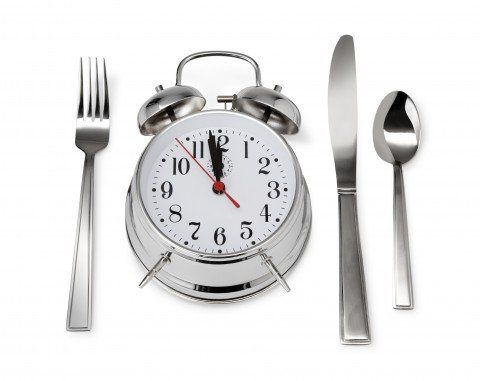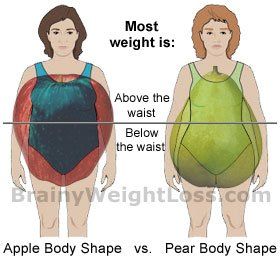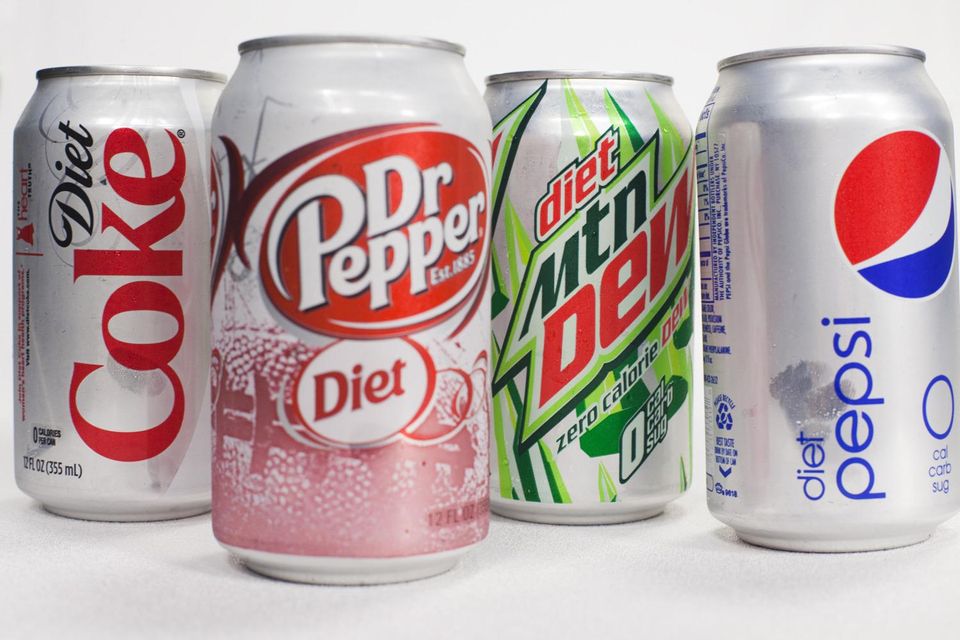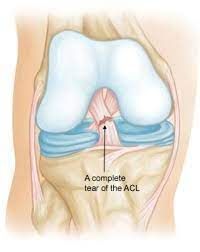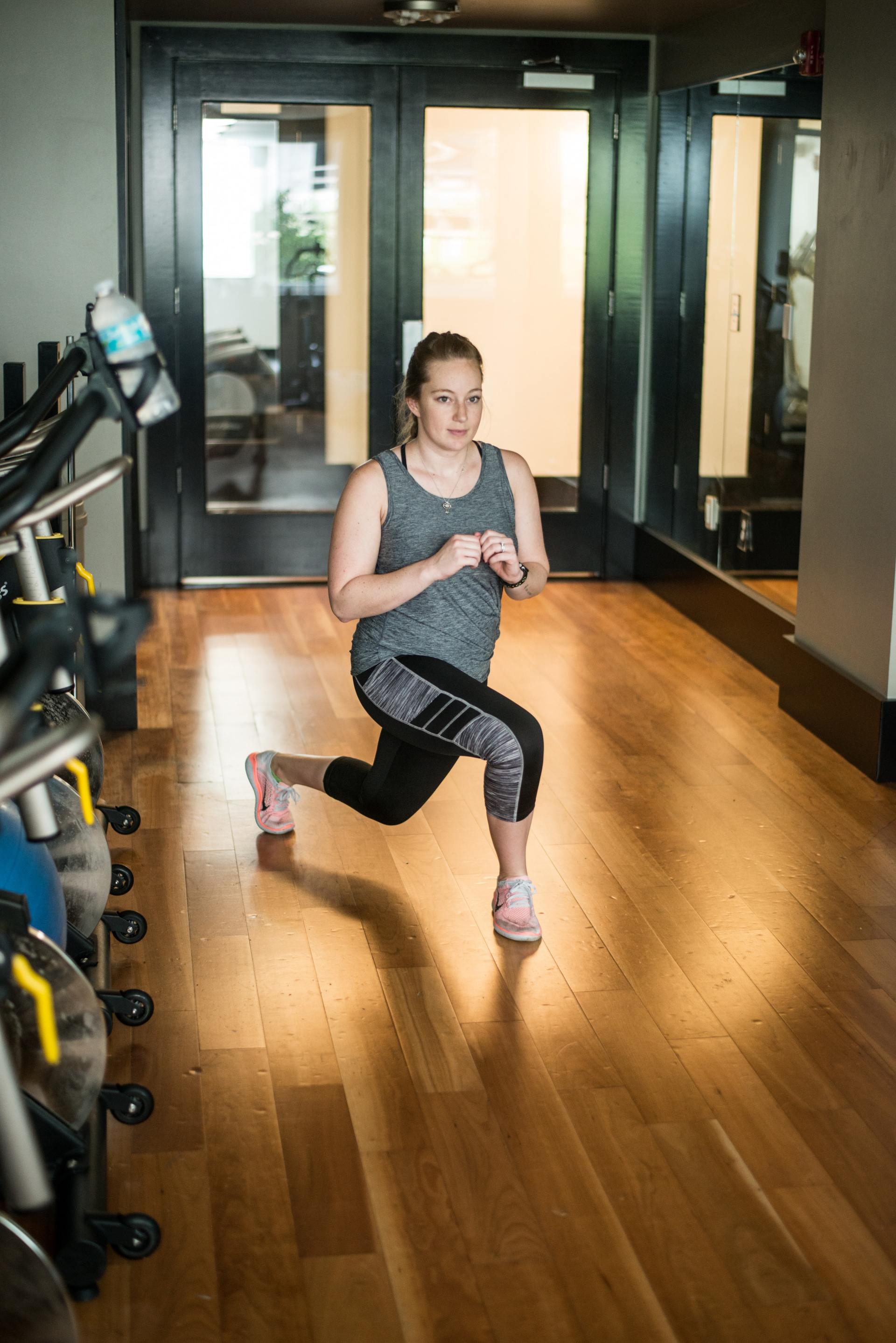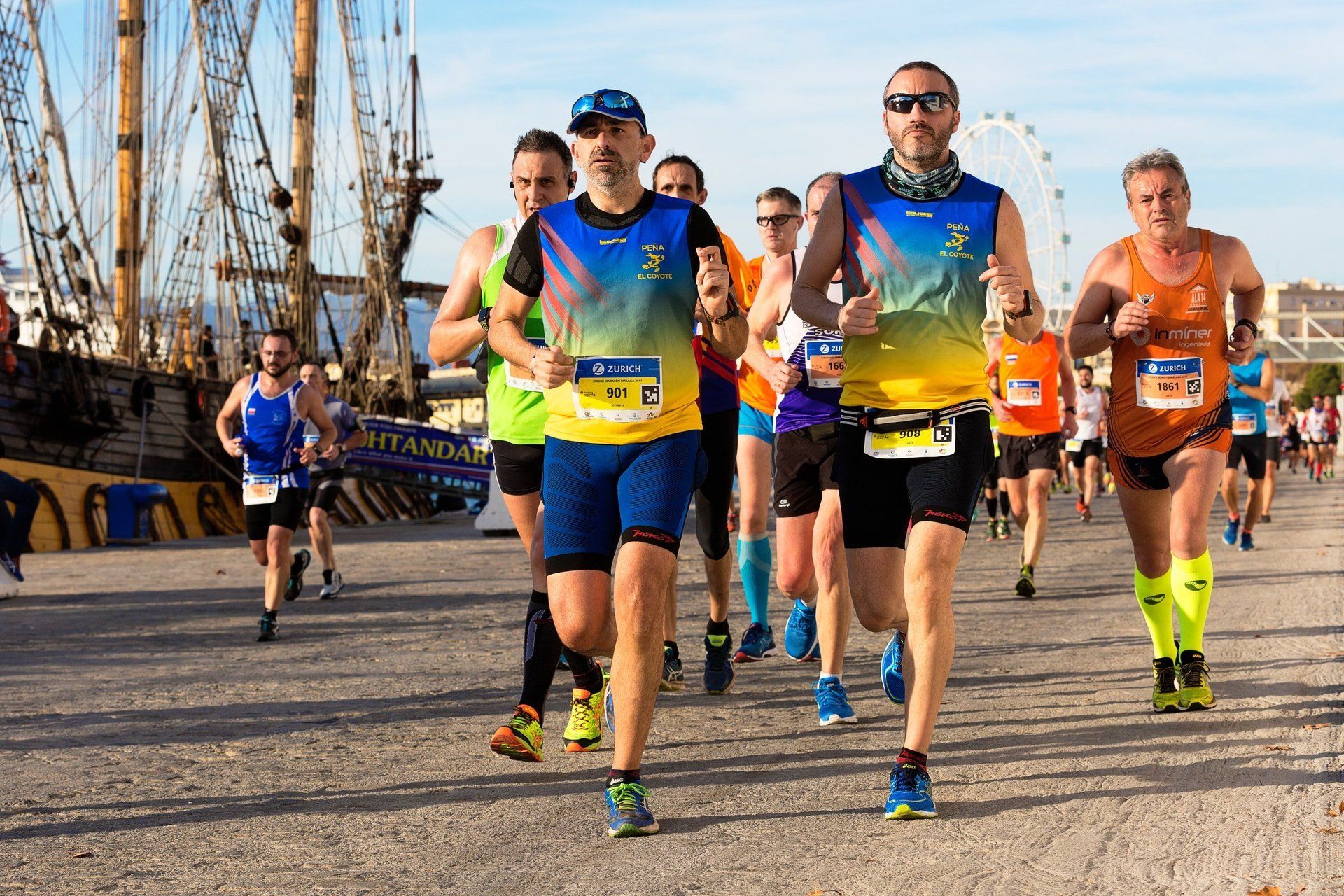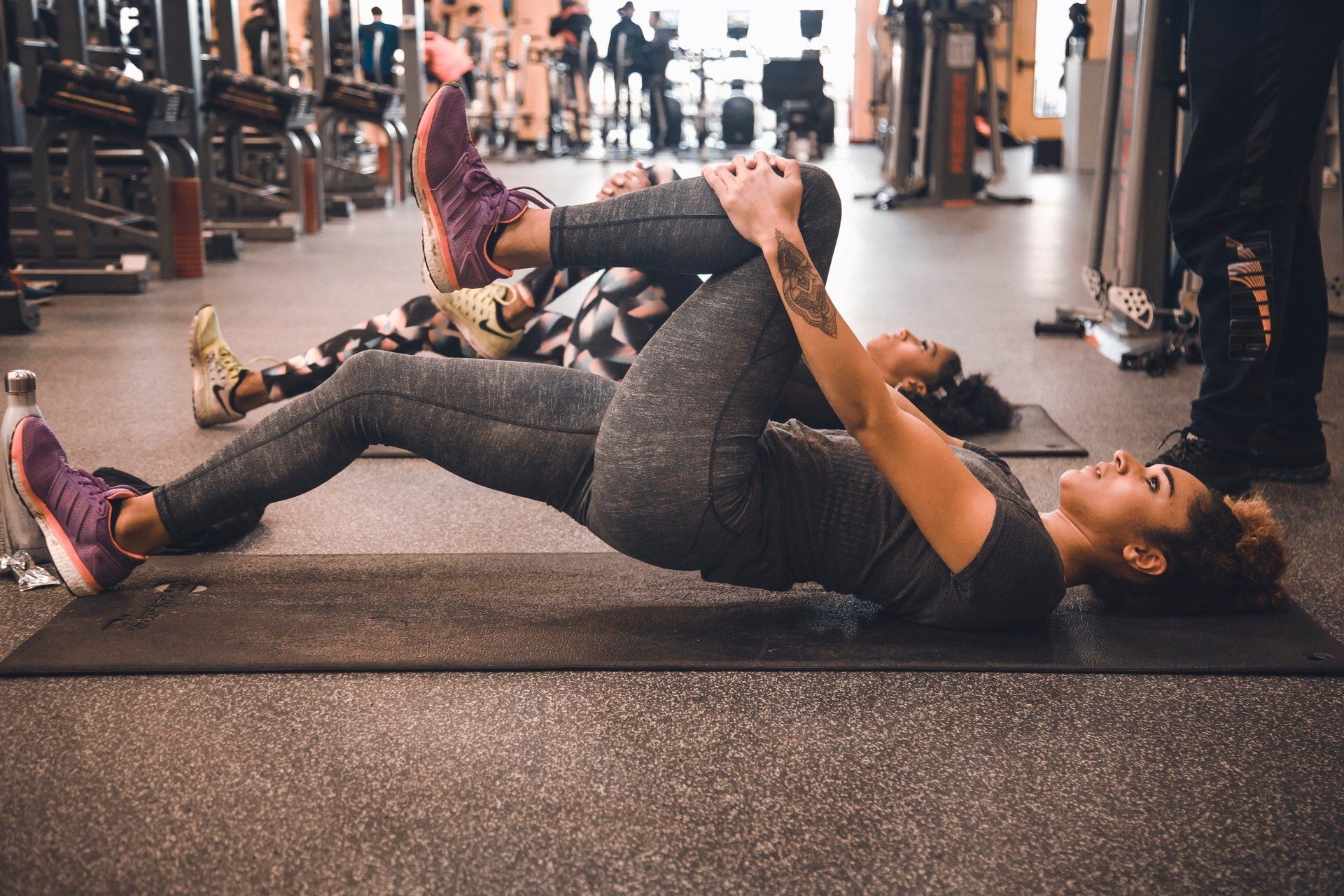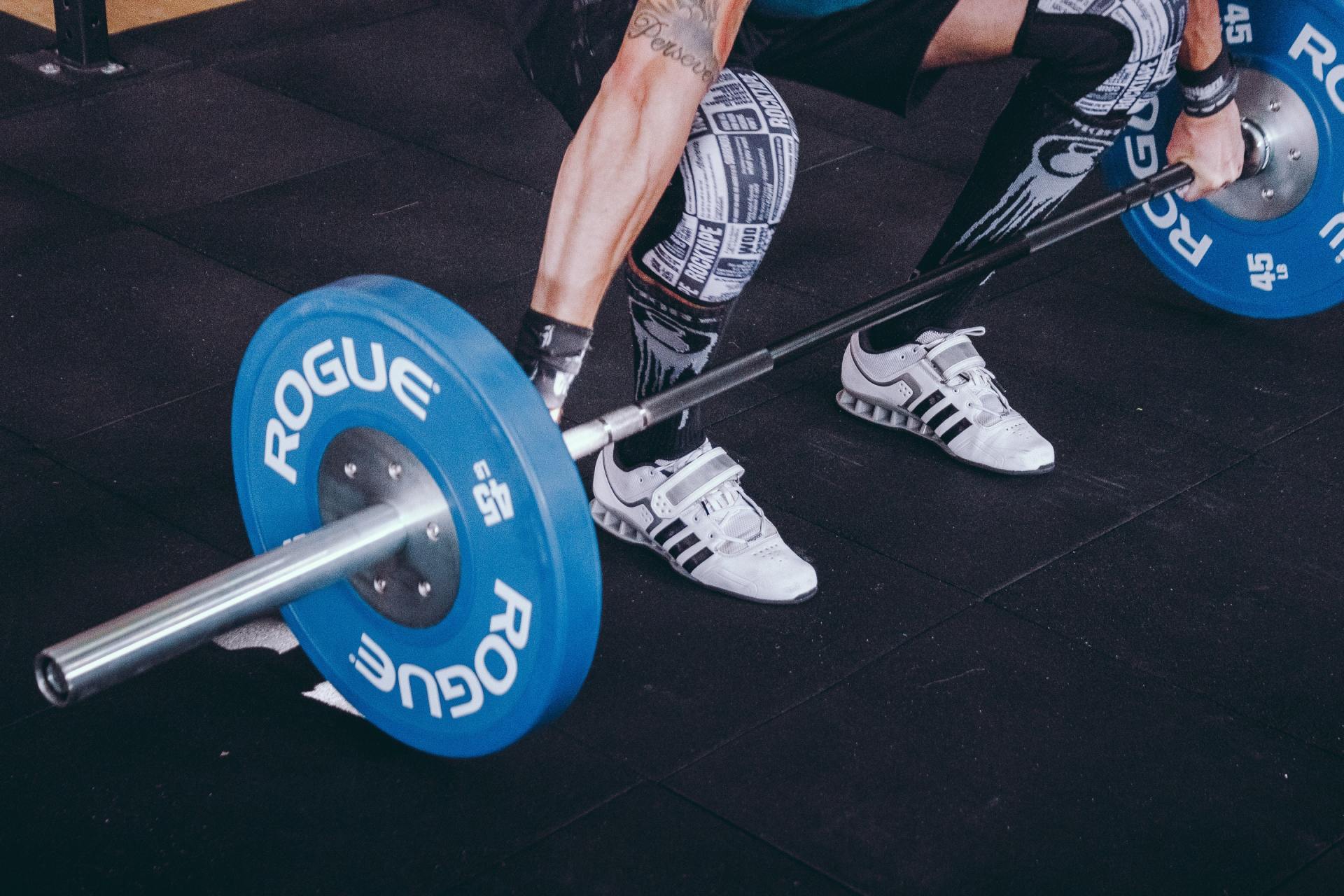
Apache Brave Sports Therapy
Mobile Sports Massage
Personal Training
Coventry | Warwickshire
Top food myths
Getting to the truth about weight gain
Good bacteria can help you lose weight
True
For every probiotic evangelist there are several that sneered at the idea that
these ‘good bacteria’ products did anything other than leave a big whole in
your pocket. But according to a recent study, probiotics are very much more
than a health food gimmick.
Probiotics, which are available as yoghurts, drinks and pills, contain so
called ‘good’ bacteria that manufacturers claim aid digestive health and boost
the immune system.
But the jury remained out – until now when a study has found that they do have
many health benefits, including proving effective medicines and helping to
control weight.
But you need to need to use the probiotics every day to see any benefits and
you should be mindful of the sugar content (it’s best to opt for a pill over
yoghurt) which will negate any of the benefits.
Eggs raise your cholesterol levels
False
Eggs have been lumbered with a heart harming reputation for a long time despite
the claim that they contribute to heart disease being proven wrong in numerous
studies.
Yes, eggs contain cholesterol but it’s now believed that the real threat to our
heart health doesn’t lie with cholesterol in foods such as eggs, but the sort
made by our body.
Dangerous levels of LDL (‘bad’) cholesterol have been linked to a diet high in
saturated fat – the kind you find in processed eat, cakes, biscuits.
Far from being a food to be feared, eggs are a part of a healthy diet as
they’re loaded with nutritional goodness – the yolk alone contains carotenoids,
vitamin A, Vitamin E and choline – so get boiling/frying/poaching.
Fat is bad for you
False
Contrary to what large sections of the diet industry would have you believe,
fat is an essential part of our diets. The confusion comes because there are so
many different types of fat – and they’re not all created equally.
Unsaturated fat, the kind found in nuts, oily fish and vegetable oils are
essential for the smooth running of our internal organs – especially our brain.
Fat is needed to transport fat soluble vitamins including X, D, E and K and
essential fatty acids whose name is an indication of just how vital they are to
your body.
Without fat in our diet, our bodies wouldn’t be able to produce the engine fuel
that supports our brain and other major organs. Fats biggest PR problem is that
it’s so energy dense – you don’t get much calorie bang for your portion buck.
A gram of fat contains nine calories – twice as much as the protein equivalent
which is why the Department of Health recommends that no more than a third of
your daily calories
Being apple-shaped is more dangerous than being pear-shaped
True
Being prone to putting on weight around your middle doesn’t just make doing
your skinny jeans up a pain; it could increase your risk of heart disease.
Experts believe that the best way to predict the likelihood of suffering a
heart attack is the proportion of your waist to your hips.
To do this, measure your waist at the smallest point, and then measure your
hips at the widest point. Divide the first number by the second number: an
ideal ratio is 0.8 or lower. Any higher and you should think about blasting
that belly with some fat-busting cardio.
Calcium could reduce fat
True
A recent study by the University of Tennessee (funded by the American National Dairy
Council so, um, it might be a little biased) discovered that obese mice who
were put on high-calcium, low-calorie diets lost a about a fifth of their body
weight, while those who ate low-calorie and low-calcium diets lost just 11%.
Of course, we’re not obese mice, but researchers believe that calcium may have
a similar affect on humans as it encourages the body to burn energy rather than
store it as fat.
Sadly that doesn’t mean that a block of calcium rich, but very fatty, cheese
suddenly becomes calorie neutral. Instead opt for fat-free, calcium-loaded,
green, leafy vegetables like kale, spinach and broccoli.
Diet drinks can make you fat
True
Words of wisdom and Paris Hilton aren’t usually found in the same sentence
together but the socialite’s memorable “Only fat people drink Diet Coke”
statement may have a ring of truth about it.
According to researchers in the US, artificial sweetener found in diet
tricks the body into making you eat more. The sugary substance makes your body
believe that it’s about to get a huge calorie surge and when you disappoint it,
it strikes back with hunger pangs that lead you to the cookie jar. So swap that
Coke Zero for a glass of water – make a sparkling if you miss the fizz.
Don’t eat after 8pm
False
The diet myth that won’t die, due in large part to celebrities continually
wheeling it out in any ‘I’ve dropped a stone’ stories.
Calories can’t tell the time; you don’t stop burning energy as soon as the
Eastenders theme tune strikes up. In an ideal world we would reverse our usual
eating pattern – starting with a big breakfast and eating a decent lunch makes
sense, after all we need the energy during the day not while we’re asleep.
But most of us barely have time to grab a piece of toast first thing and it’s
difficult to eat a slap up meal over a keyboard.
But eating late at night isn’t responsible for weight gain; eating your biggest
meal of the day after the clock has struck 8 might leave you with a little
indigestion but you won’t wake up with bigger thighs.
Richard Watson
Sports Therapist

Sports Massage
Personal Training
Posture Analysis
Corrective Exercises
Neck & Shoulder Pain | Lower Back
Knee and Leg Pain | Sciatica
Muscle stiffness | Groin and Hip Pain
Post Training Tightness | Non-Sports Injuries. and more...
Mobile Personal Fitness & Local Sports Massage Treatments near you:
Coventry, Kenilworth,
Leamington Spa, Warwick,
Balsall Common, Meridan,
Binley Woods, Tile Hill, Eastern Green,
Warwickshire and more
